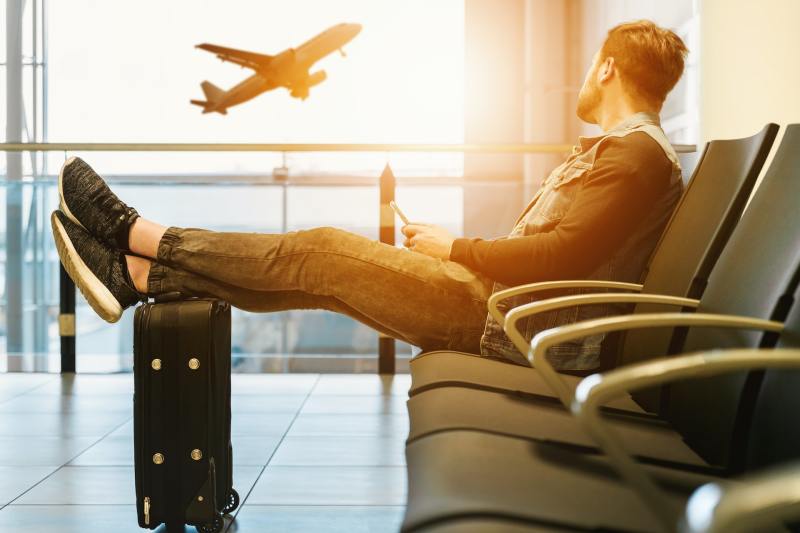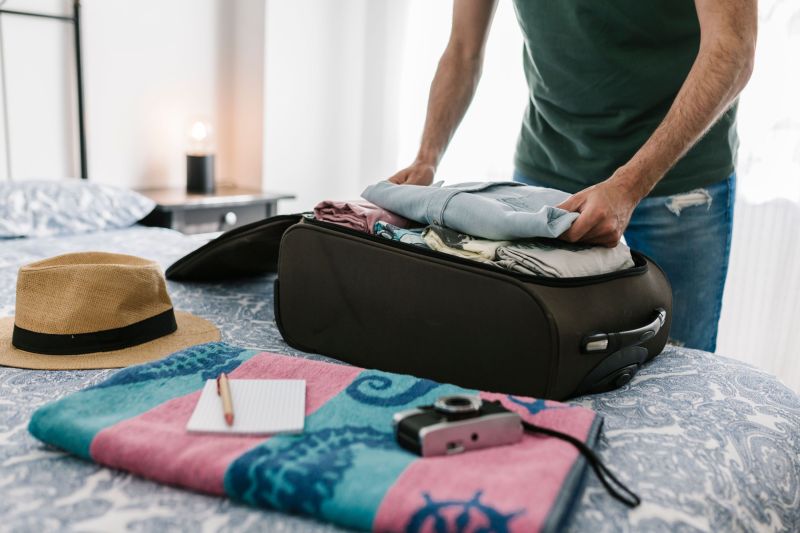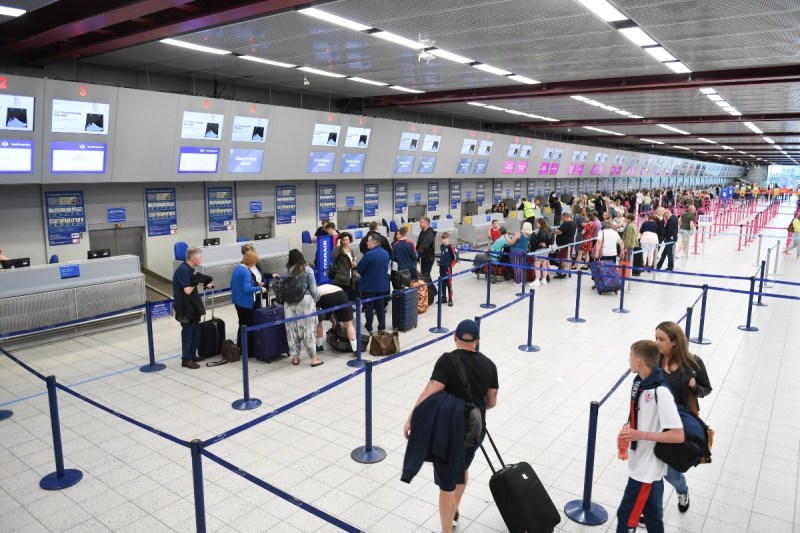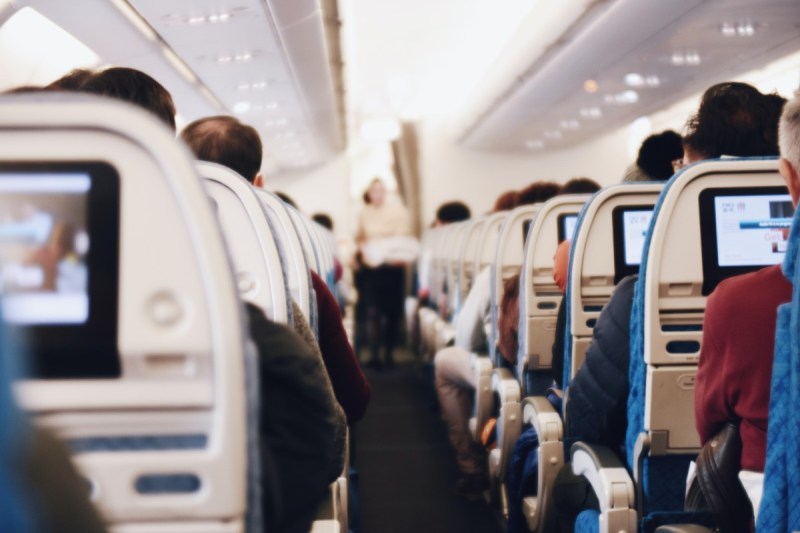
For over 10 solid years, I’ve been traveling constantly. Over the course of that time on the road, I’ve been to all corners of the world, resided almost exclusively out of Airbnbs and hotels, and — for the most part — lived entirely out of a bag or two nearly every step of the way. The only occasions that involved traveling with more bags were the months of road-tripping, and living out of a car or van isn’t exactly far off from minimalism.
With all that travel experience, you’d think that by now, I’d have the entire process streamlined to perfection and have an extensive list of useful travel tips. But while my travels are certainly less stressful than they used to be, there are a few mistakes that I tend to make again and again — maybe not as frequently as I used to, but they still happen. To that end, here are a few travel tips to keep in mind that will help you avoid these all-too-common mistakes.

Packing too much stuff
For a while there, I had my luggage situation trimmed down to a single, light bag that I could (and did) live out of for months on end. Eventually, I started missing little luxuries and conveniences. It started with my guitar, which I began lugging around in a heavy case. Then I wanted a power strip for plugging in all my devices. Then some paper books, because sometimes you want a real book rather than a Kindle, right? Things spiraled out of hand; just the other day, I ended up putting my guitar and a suitcase full of crap into a friend’s storage near Amsterdam. I’ll pick it all up when I’m passing back through … eventually.
Arguably one of my top travel tips for packing involves simply packing less stuff. You might think you need a different outfit for each day, but you don’t. I’ve spent a lot of time around travelers, and they almost always wear the same handful of clothing items even if they have a lot more. Forget all the “just in case” junk. Leave toiletries at home and buy them once you arrive. Load up the Kindle. In other words, do anything you can to trim the excess.

Picking a “cool” Airbnb without checking the location
It happens all the time: I pick an Airbnb that offers an amazing space — light and spacious, cool balcony or pool, hip décor, maybe a great view — then arrive to find that it’s in an entirely impractical location. Maybe it’s difficult to reach from the airport, or once checked in, it’s far away from everything worth seeing. Or maybe there aren’t any places nearby to get food or do laundry. Whatever the case, the place looks great, but the location sucks.
Another one of my helpful travel tips is to take the time to do some research on the neighborhood you might be staying in. Check Google Maps for any businesses you deem essential — a grocery store, gym, or whatnot. Make sure that it’s near or at least accessible to the sites you want to visit. It’s also a good idea to use Google Street View to take a look around and see if you like the vibe.

Forgetting to ask for the upgrade
Over the course of a particularly busy year, I can take upwards of 20 separate flights. I’ve found that when I ask about upgrades at the gate, I end up getting them as often as every second or third flight — when I remember to ask, that is. Somehow, I consistently manage to forget.
These upgrades can transform your flight experience. Sometimes it means an entirely free bump up to first class, while sometimes, I end up having to pay $50 or so — totally worth it for an eight-hour flight. Frequently, if no upgrades are available, they’ll check the seating chart to see if there’s an empty row I can have to myself. In any case, it never hurts to ask.

Neglecting to check the calendar
I tend to plan my itinerary around what makes the most sense for me personally, without considering what’s going on at a particular destination during the date in question. For example, I once booked two weeks in Athens because it made sense on my way from Italy to Turkey, but when I arrived, I found that the city was empty and everything was closed due to a two-week-long holiday.
Before scheduling flights and accommodations, be sure to check that there isn’t anything conflicting with your plans. That could mean holidays, a low season (if you’re looking for quiet), a high season (if you’re looking to party), a rainy season, or a hot season. I screwed up once and brought my easily overheated mother, aunt, and uncle to Naples in August. If I have any advice for traveling, it’s this: Trust me, you don’t want to make the same mistake.

Picking the front of the plane
It might seem intuitive to select a seat as close to the front of the plane as possible, especially if you’re attempting to go carry-on-only. It allows you to get off the plane faster, right? But it also means that you’ll often board last, which can translate into problems with finding overhead storage for your carry-on. Suddenly you’re forced to have it checked into the belly of the plane, and your front-row fast escape has just turned into a long wait at the baggage claim.
Avoid the first dozen rows and aim for someplace in the middle of the plane. It’s not going to delay your disembarking by much, but it will ensure that you find a place to stow your bag.

Not checking your passport’s expiration date
Face it: Nothing could be worse than turning up at the airport for an international flight and getting turned away because of an expired passport. In the U.S., adult passports are valid for 10 years; however, some countries’ entry and exit requirements require that a person’s passport be at least six months away from expiring. You can check the State Department’s website for details on how to find an individual country’s requirements.
If your passport is close to expiring, say within the year, you should get it renewed right away. Recently, waiting times for new passports have been longer than usual, and it can take up to 10 weeks for a new passport, so you don’t want to cut it too close to your departure date. Information on passport renewal can be found here. If you don’t have a passport or you’re applying for a child’s passport, go here for more information.



